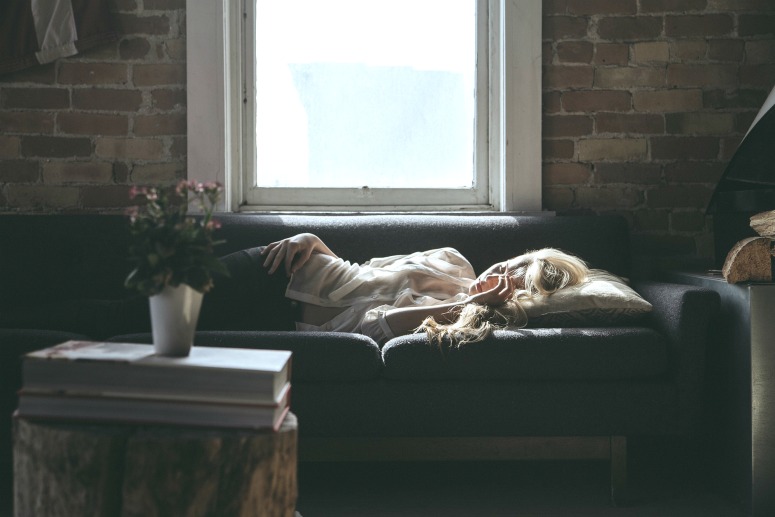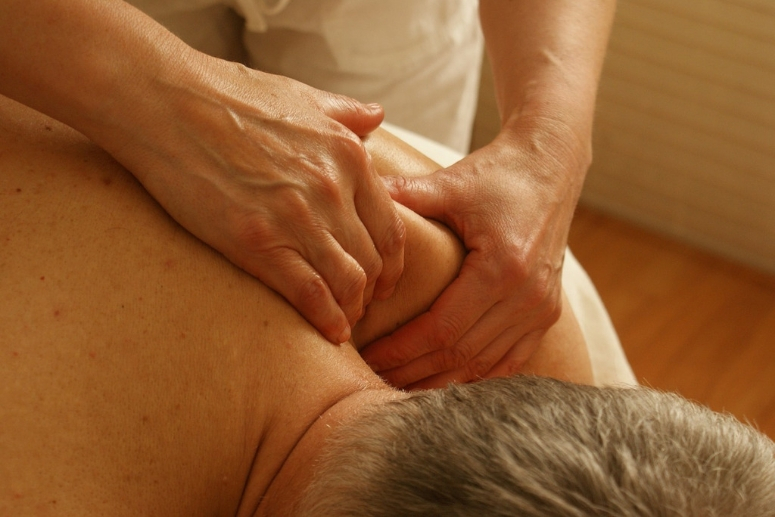
Are you one of those people who thinks four hours of sleep is enough? For the clear majority of us that isn’t enough.
There are all sorts of scientific studies that cite the fact that less than five hours of sleep a night is not good for you, your overall health, or longevity. If part of your life plan is to get healthy and stay healthy, sleep must be part of that lifestyle routine.
How do we improve our sleep?
And for many reasons we aren’t sleeping very well or for long enough. So, what do we do? First find out if ‘not sleeping’ is a physical thing. Sleep apnea and other such breathing issues are very serious health conditions and should be treated by physicians and experts in the field.
After ruling out something physical out start thinking about a bedtime routine. To get yourself ready to sleep. Just as we enforce a bedtime routine for the children in our lives, so too should we make our own bedtime routine part of our lives.
One of my favourite moments as a parent was bedtime. Not because my children went to sleep like little angels. Or because I had some quiet time before I dropped exhausted into my own bed. Twilight time was special.
It began with bath time. When the dirty, grimy, sweaty little bodies were clean, and their hair was wet and slicked back and sweet. Dressed in their adorable little kid pyjamas. The lights were dimmed, and books were read. I would sing to them. It didn’t matter what song it was part of the ritual of bedtime.
Our order of things are wrong
As adults we don’t get tucked into bed much. We may get into bed, watch tv, use our laptops, notebooks or smart phones right there in bed with us. It’s no wonder most of us can’t sleep. Or sleep fitfully.
We have the order of things all wrong at the end of the day. We rev up in the evening not down. Trying to get one more thing done. Play one more game of words with friends. Scroll though a couple more Facebook pages. All activities that alert our bodies that it is not time to rest.
There is documented proof that the blue light emitted from phones and televisions and tablets all can keep us awake. So why do we invite them into our bedrooms? I think for many of us we have forgotten the function of the room with the bed in it. Sleeping, resting, or having sex.
There is nothing sexier than trying to get your partner’s attention when they are playing a game on their smartphone. (Tweet it!)
Here are five ways to sleep better fast:
RULE #1 Get the electronics out of your bedroom.
That means everything. Remember alarm clocks? They work great for waking you up and telling the time, and they don’t mess with your circadian rhythms that tell you when it’s time to sleep.
RULE #2 Get into a routine.
Have a bedtime that is as close to the same time every night as you can. Yes, we all have work commitments and social occasions. Deadlines and family time. Bedtime every night at the same time is a suggestion. Make your bed a haven. Keep it clear of clothes. Neaten up the room. If you don’t have energy to do this put everything in a clothes basket and put it outside the door to be dealt with another time.
RULE #3 Make your pre-bedtime as luxurious as possible.
A shower with a soothing scented soap. Some suggestions although the sense of smell is so subjective for each of us. You might try, Lavender, Chamomile, Bergamot, Jasmine, Rose and Sandalwood. Sip tea with the same calming vibe in mind.
RULE #4 Read something interesting.
(Not on your tablet or smartphone). And this needs to have nothing to do with your work. Listen to some music (not from your phone) or a podcast, comedy show, white noise set the mood. Keep lights low and let yourself unwind. If you share a bed or bedroom, try to get your partner to do this with you.
RULE #5 Make lists.
Keep a pad and pen (not your smartphone), and if you are stuck on a thought or making lists in your head of things you didn’t accomplish, write it down. Write a to do list or jot down what’s bothering you. Start bullet journaling and just get those nagging thoughts out of your head, down on paper, and then put it in a drawer or under your bed or turn the pad over on the bedside table.
We do not make good decisions when we are not well rested. Everything is harder to deal with when we are looking through bleary over strained eyes. You deserve a good night’s sleep. Tuck yourself in gently tonight and be kind to yourself. Le me know how it goes.
Now over to you: Can you relate to some of this? What is your best bedtime routine? Let me know in my Facebook community.



